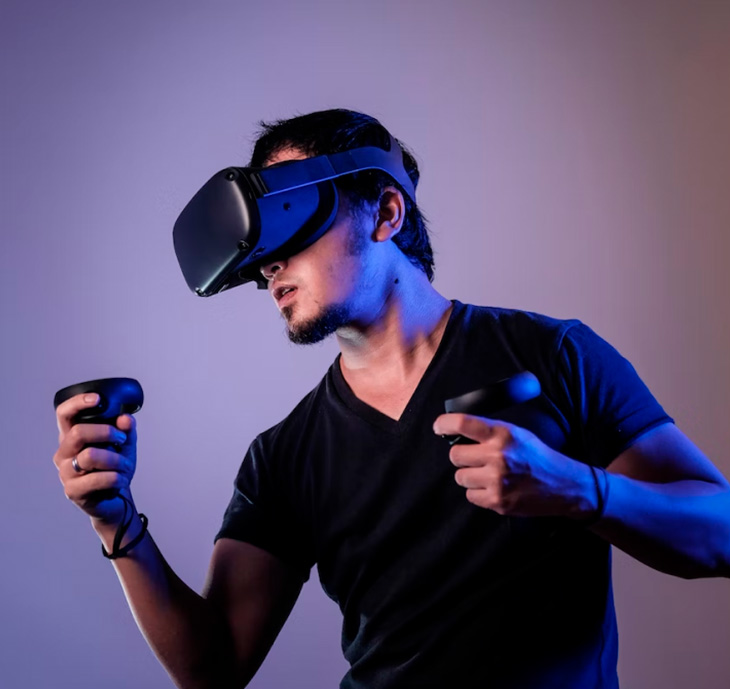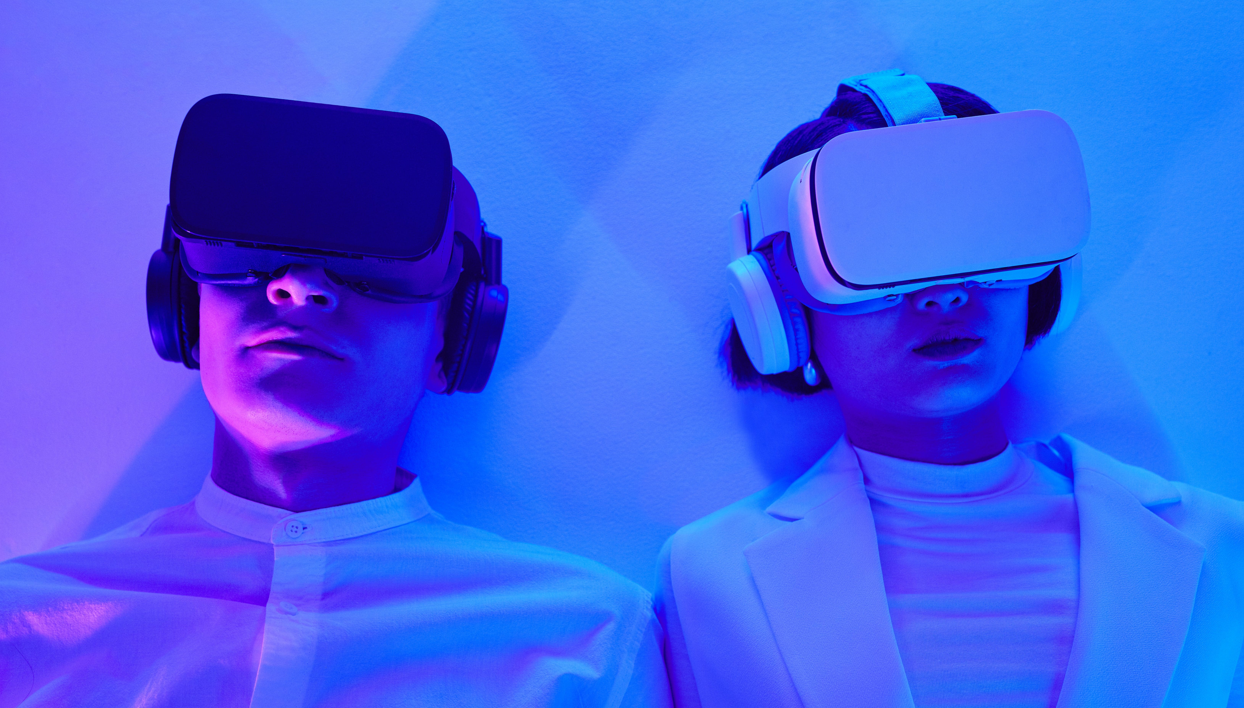In the rapidly evolving world of technology, the concept of virtuality has become increasingly significant. Virtuality encompasses a wide range of experiences and technologies, and in this comprehensive guide, we will delve into the meaning of virtuality and explore its various facets.
Defining virtuality meaning
Understanding the core concept:
To grasp the true meaning of virtuality, we must first define it. Virtuality refers to the state of being virtual or existing in a computer-generated environment. It blurs the line between the physical and digital realms, offering immersive experiences that simulate reality.
Types of virtuality
Virtual Reality (VR)
- Virtual reality is perhaps the most well-known form of virtuality. It involves the use of headsets and other sensory equipment to create an entirely immersive digital environment. VR transports users to new worlds, whether for gaming, training, or exploration.
Augmented Reality (AR)
- Augmented reality overlays digital content onto the real world. It enhances our perception of reality by adding computer-generated elements. AR apps on smartphones and smart glasses are common examples.
Mixed Reality (MR)
- Mixed reality combines elements of both VR and AR. It seamlessly blends the physical and digital worlds, allowing users to interact with virtual objects in real space.
Simulations
- Simulations are computer-generated models of real-world processes or systems. They are used for training, research, and entertainment, offering a virtual representation of reality.
Applications of virtuality
Gaming
- Virtual reality gaming has taken the gaming industry by storm. Gamers can immerse themselves in fantasy worlds, enhancing their gaming experience.
Education and training
- Virtuality has revolutionized education and training. Medical professionals can practice surgeries in a risk-free virtual environment, and students can explore historical events through VR simulations.
Virtual tourism
- Explore exotic destinations virtually. Virtual tours and travel experiences enable people to visit places they might never have the chance to in real life.
Architectural visualization
- Architects and designers use VR to visualize and present their creations. It provides a realistic preview of buildings and spaces.
The impact of virtuality
Entertainment industry
- Virtuality has transformed the entertainment industry. Movies, concerts, and sporting events can be experienced virtually, opening up new avenues for content consumption.
Healthcare
- Virtuality plays a crucial role in healthcare, from surgeries conducted through VR simulations to remote patient monitoring.
Business and collaboration
- Virtual meetings and collaboration tools have become essential in the digital age. Virtuality bridges geographical gaps, enabling teams to work together seamlessly.
Social interaction
- Virtual reality social platforms allow people to connect and interact in digital spaces. Avatars and virtual gatherings provide new ways to socialize.
Challenges and concerns
While virtuality offers countless opportunities, it also presents challenges and concerns:
Privacy and security
- The collection of personal data in virtual environments raises concerns about privacy and security.
Physical and mental health
- Prolonged use of virtual reality can lead to physical discomfort and potentially affect mental well-being.
Accessibility
- Not everyone has access to virtual reality technology, leading to a digital divide.
Future of virtuality
As technology continues to advance, the meaning of virtuality will evolve. Innovations in haptic feedback, artificial intelligence, and connectivity will lead to even more immersive experiences. Virtuality will become increasingly integrated into our daily lives, shaping the way we work, play, and interact with the world.
Conclusion
In conclusion, virtuality is a multifaceted concept that blurs the boundaries between the physical and digital realms. It encompasses various technologies, from virtual reality to augmented reality, and has a profound impact on industries, education, and entertainment. Understanding the meaning of virtuality is crucial in navigating the evolving landscape of technology and its applications in our lives. Embracing virtuality means embracing the future.






